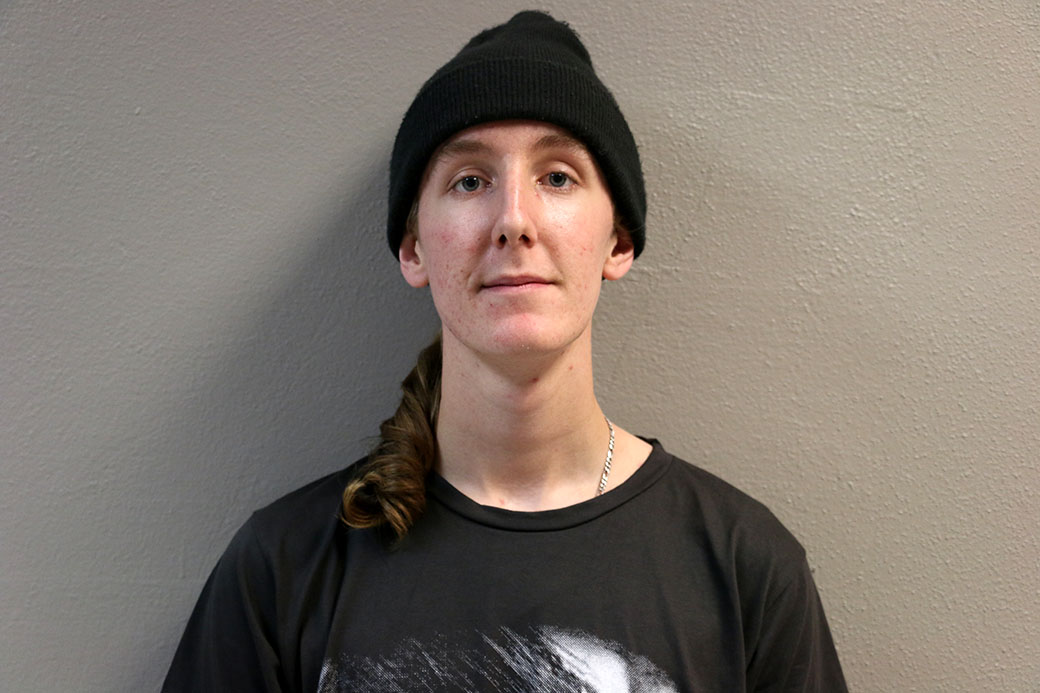
Early-voting states don’t predict political party nominees despite what the media says
It’s that time of year again. As the first results roll in from early-voting states like Iowa and New Hampshire, the population waits on edge, hardly able to bear the anticipation.
Okay, maybe not.
In fact, many people don’t get excited for one reason: early voting states only matter because some people say they matter. These states are painted as if they’re key to winning a party nomination. However, these states aren’t more important than Super Tuesday states, or the states that fall after that.
Between Iowa and New Hampshire, there are 76 total delegates for the Democrats and 52 total delegates for the Republicans. The Democrats currently have 3,253 delegates in total, and Republicans have 2,380 delegates. Obviously, a nominee-to-be would need to win far more than the amount of votes in theses two states to be victorious.
Furthermore, these early states aren’t indicators of who the nominee will be. In 2008, for example, outsider and political longshot Mike Huckabee won Iowa’s caucus on the Republican side. Huckabee ended his campaign no later than March 4, barely more than one month after winning the state.
In 2012, Rick Santorum was the victor in Iowa’s Republican caucus. Santorum’s campaign announced its termination April 10, exactly three months later.
So, this means all of the hype about Iowa and New Hampshire is nothing but media and political squabble. The attention these states receive is nothing but an event that initiates the event that nobody seems to actually care about: the presidential primary races. And while viewers may tune in to stay up-to-the-minute on Iowa, they may stay up-to-the-hour on New Hampshire, find out about South Carolina results the morning after, only to become completely apathetic by the time Nevada’s results come out.
In this sense, Iowa and New Hampshire represent a firework burst of enthusiasm that the populace has for primaries. While early states receive a boom of attention, the frenzy soon fizzles out until it’s nearly nonexistent — the equivalent of charred cardboard scraps floating slowly back to the pavement.
